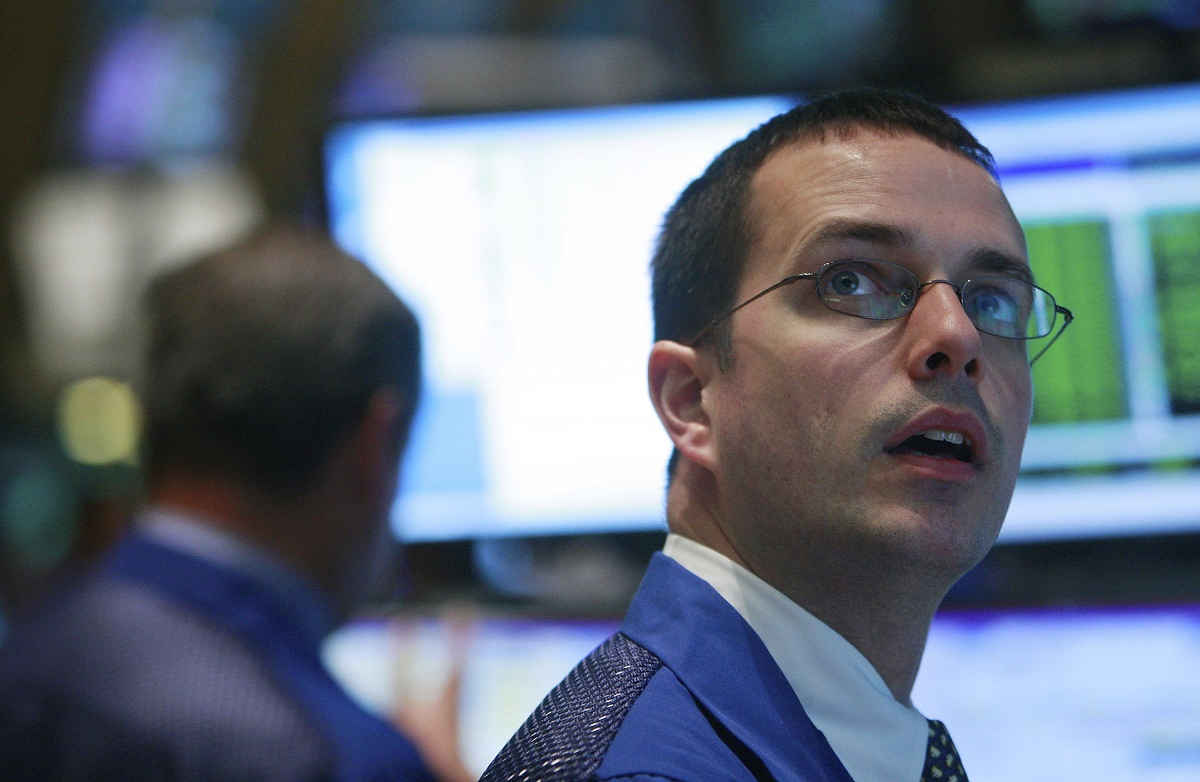This article was updated on December 15, 2017, and originally published on May 25, 2017.
When I originally wrote this, digital currency bitcoin had just hit yet another all-time high above $2,400. Less than seven months later, the price of a bitcoin has gotten as high as $19,000. Bitcoin has experienced breathtaking gains so far this decade, and many experts are wondering -- could Bitcoin potentially rise to $1 million?
Why has bitcoin rallied lately?
There are a few potential factors that could be driving the current rally:
- Recently, legislation in Japan allowed retailers to start accepting bitcoin as a legal currency.
- Political uncertainty makes bitcoin feel safer relative to certain currencies. For example, in Venezuela, where the economy is collapsing, bitcoin is being used to buy food.
- Calming of fears that the blockchain (the underlying technology behind bitcoin) could be split, creating two separate currencies.
- Speculation could also be playing a big role. I'm not saying that bitcoin is necessarily in a bubble, but an asset skyrockets in value, people tend to jump in, creating buying pressure and pushing the price even higher.

Image source: Getty Images.
Could bitcoin rise to $1 million?
Theoretically, yes, although consider what that would mean. As of this writing, there are approximately 16.7 million bitcoins in circulation. A price of $1 million each would translate to a total value of $16.7 trillion for all of the bitcoins in existence. Currently, the total value of bitcoin is about $318 billion.
Meanwhile, the U.S. money supply (M2), which includes all physical currency, demand deposits, savings accounts, and money market accounts, is about $13.5 trillion. And this is just one country's money supply -- bitcoin, on the other hand, is a truly international currency. In fact, U.S.-based transactions are one of the smaller sources of bitcoin volume. With that in mind, consider that the global M2 money supply is estimated to be about $68.7 trillion, expressed in U.S. dollars.
My point is that while bitcoin would have to work a little to become a major player in the global currency market, the total bitcoin market value at $1 million each isn't an outlandish amount of money.
Also, consider that going from the current price of around $2,400 to $1 million would represent a rather mild gain when compared to the gains of the past seven years. In fact, $100 worth of bitcoin purchased seven years ago, when a bitcoin was worth approximately $0.003, would be worth roughly $633 million today, a gain of about 6,300,000%. Meanwhile, a jump from $19,000 to $1 million would represent a gain of "only" 5,160%.
What would need to happen?
Simply put, widespread mainstream acceptance is what would need to happen before bitcoin could reach the $1 million level, or anything close to it.
However, there are some obstacles preventing the mass market from fully embracing the online currency. Volatility is a big one -- bitcoin plunged by more than 50% on three separate occasions between 2011 and 2014 and is still much more volatile than the currencies of developed nations. There is a solid case to be made that the reasons for prior crashes no longer apply, but volatility is certainly still an issue.
In addition, bitcoin is widely used for illegal activities, such as drug transactions and ransomware attacks due to its anonymous nature.
Even so, there are many in the industry that are optimistic. For example, Wences Casares, a member of PayPal's board of directors and CEO of bitcoin wallet Xapo notably predicted that bitcoin will hit $1 million within 10 years.
Others have even gone so far as to say that bitcoin could eventually replace gold as the financial "safe haven" or become a major reserve currency.
A word of caution
However, bear in mind that any prediction of the future price of bitcoin is very speculative right now. There are a lot of things that would need to go right for bitcoin before a million-dollar valuation is possible, so keep that in mind before deciding to put a substantial amount of your hard-earned money into the digital currency.





